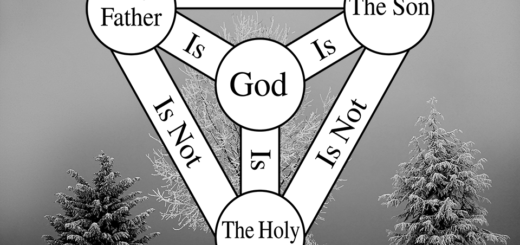Pandemic: Be Calm During the Storm
We are living in a time that is certainly not the norm that we are used to, but is this unprecedented? If it is unprecedented, then is it totally unique or should our actions and emotions be similar to any other catastrophic event? The new Coronavirus that has spread globally, Covid-19, has caused over 13,000 deaths and over 300,000 illnesses. This is something that is affecting nearly every person in some manner, but is fear appropriate? Perhaps more importantly, is fear ever appropriate?







Follow Us!